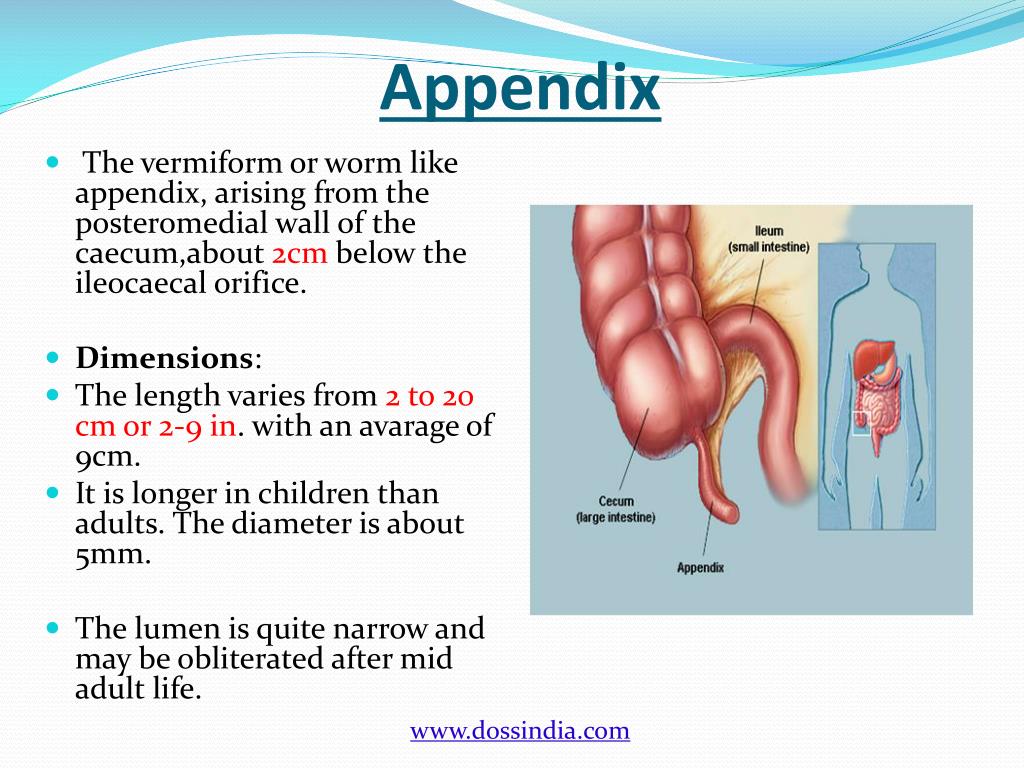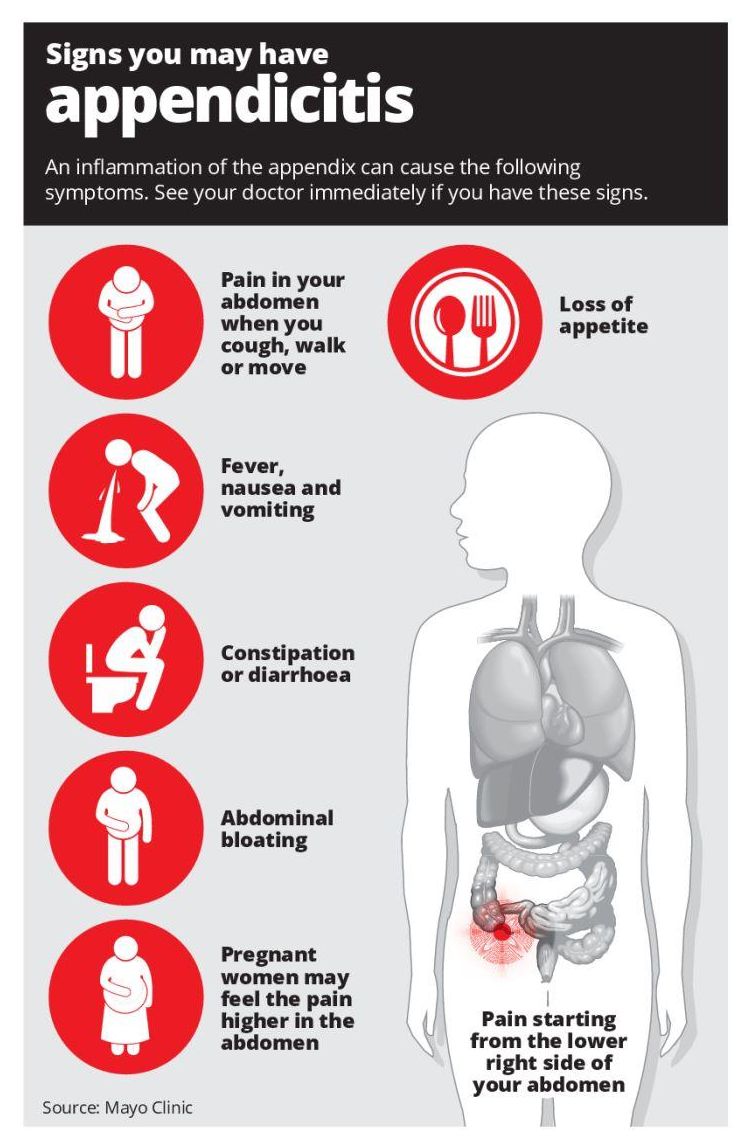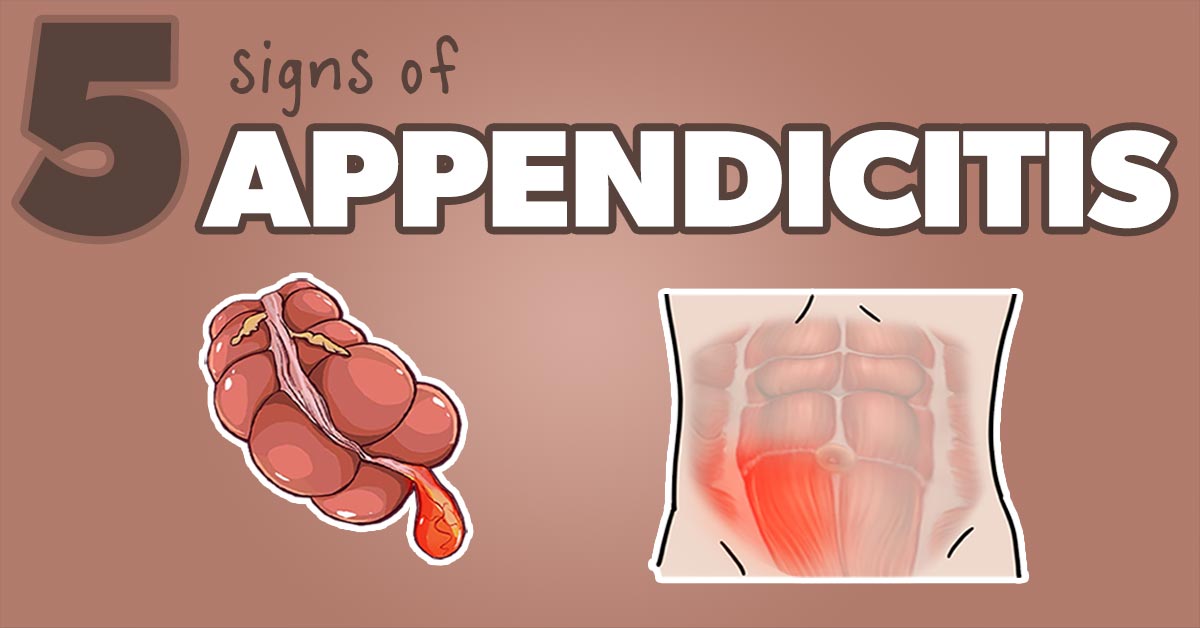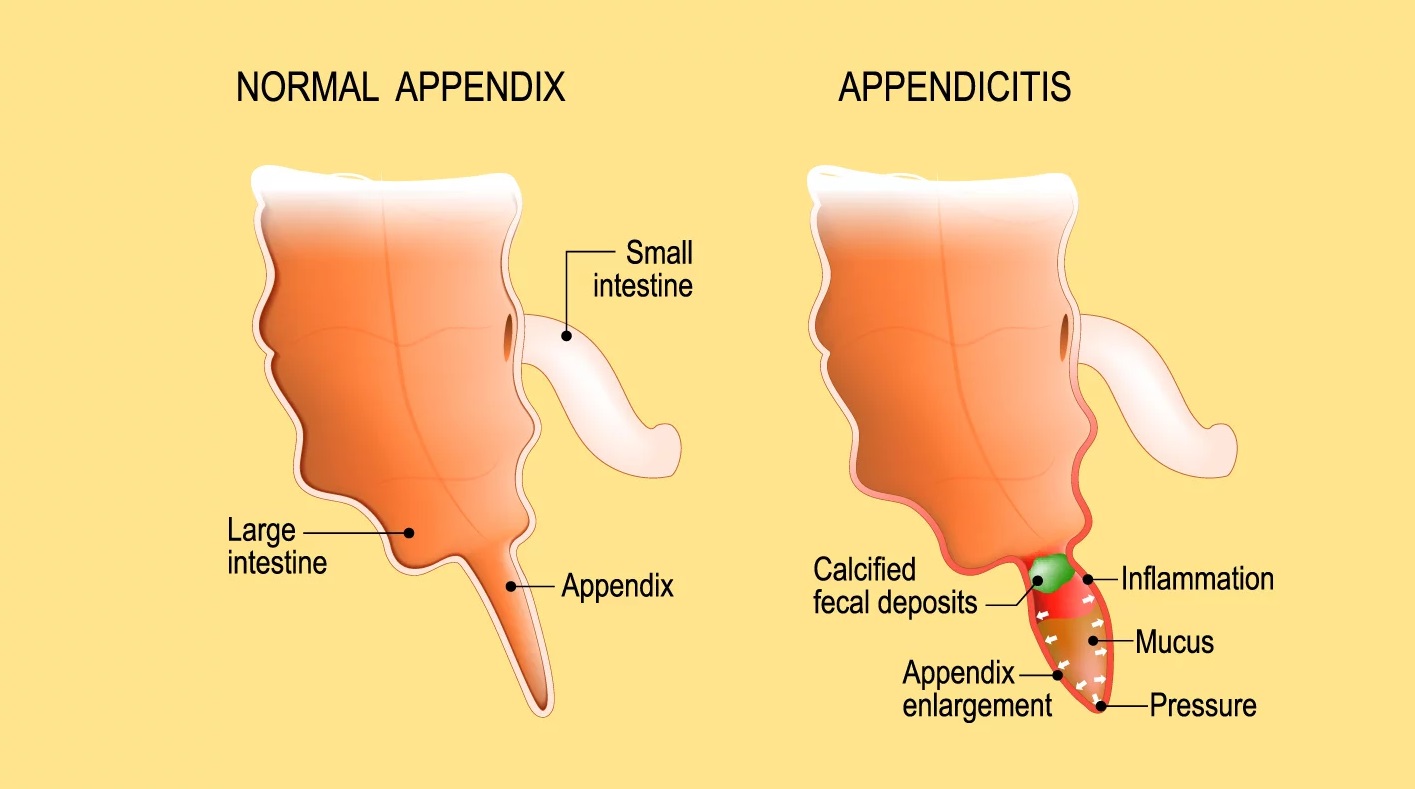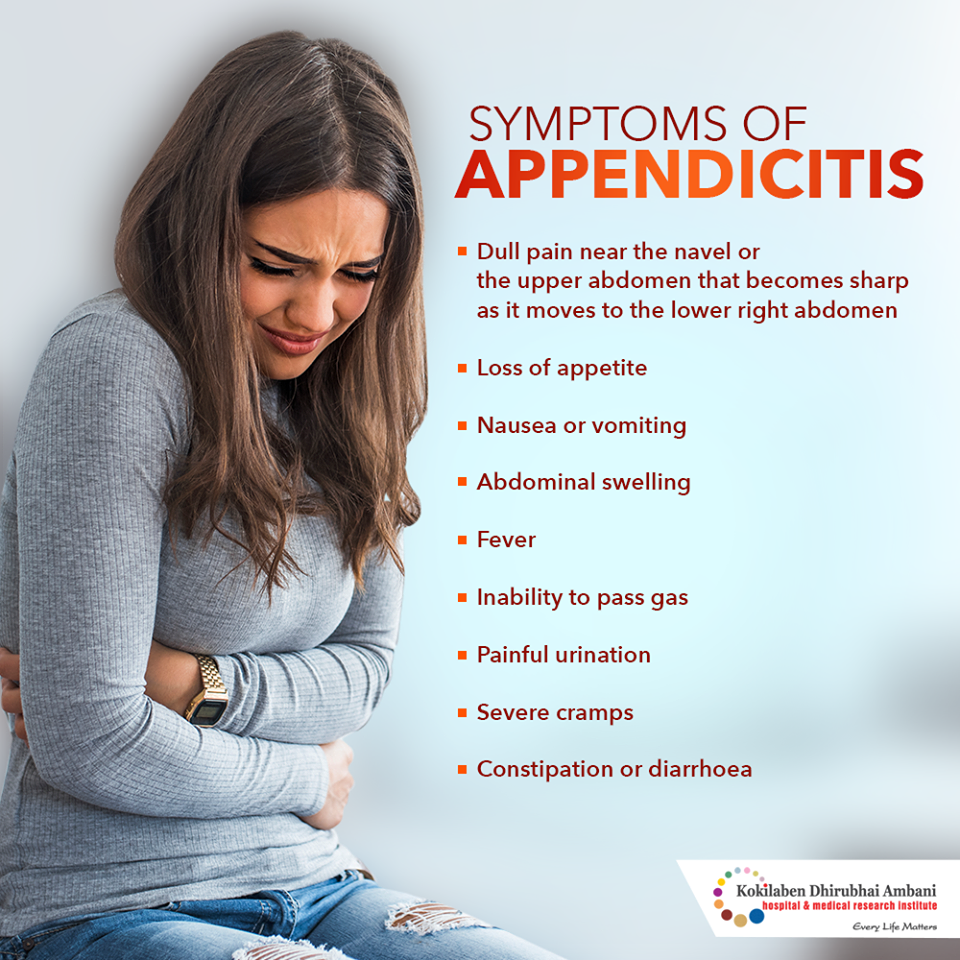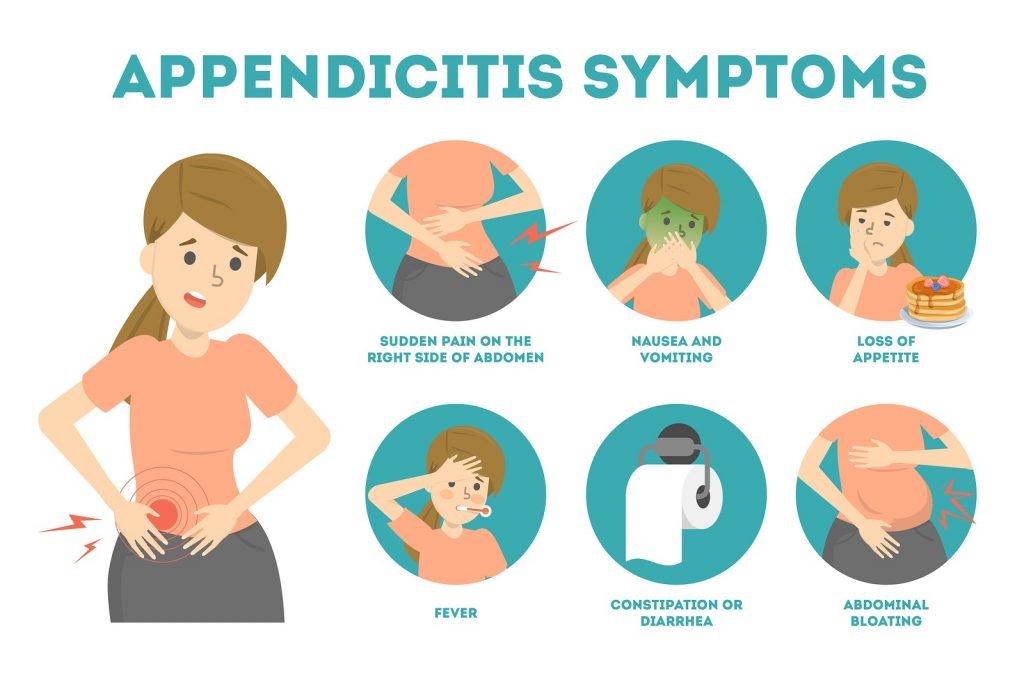Breathtaking Info About How To Tell If You Have Appendix Problems

Appendicitis usually causes a fever between 99°f (37.2°c) and 100.5°f (38°c).
How to tell if you have appendix problems. Signs of appendicitis in kids include a mild fever, pain at the belly button, pain in the. Appendicitis pain may have the following characteristics: Other symptoms of appendicitis may include.
Dull or sharp pain anywhere in your upper or lower belly, back, or rear end painful or difficult peeing vomiting. Sudden pain that begins around the navel and often shifts to the lower right abdomen. Pain that worsens with coughing, walking or making other jarring movements.
That pain then travels down to the lower right side of your abdomen and becomes more intense and sharp. However, some people who are found to have appendicitis,. When the appendix lumen is blocked, the appendix becomes swollen, sore, and filled with pus.
Appendicitis typically starts with a pain in the middle of your tummy (abdomen) that may come and go. Overview the size and location of your appendix make it easy for it to become clogged and infected, causing appendicitis. What are the signs and symptoms of appendicitis?
You may also have the chills. It is unclear if the appendix has an important role in. Pain in the abdomen is the most common symptom.
If your appendix bursts, the resulting infection. There are several tests you can try at home to see if you may have appendicitis, such as the knee test and the hamburger sign. An ultrasound scan to see if the appendix is swollen a ct scan it can sometimes take a while to get the test results.
Symptoms causes complications diagnosis treatment in pregnancy prevention outlook appendicitis happens when your appendix becomes inflamed,. Sudden pain that begins on the right side of the lower abdomen. Symptoms diagnosis tests treatment surgery prognosis complications research what is the appendix?
May start in the area around your belly button and move to the lower right. Symptoms of appendicitis can mimic other stomach conditions. Your surgeon may recommend a laparoscopy to examine.
Appendicitis or gas can cause abdominal pain. Sudden and sharp starts around the navel and shifts. If you have appendicitis, you may also have other symptoms, including:
That’s why it’s crucial to know the key differences so you can get medical attention right away if it. Your own symptoms may vary. Other less common symptoms of appendicitis include:

